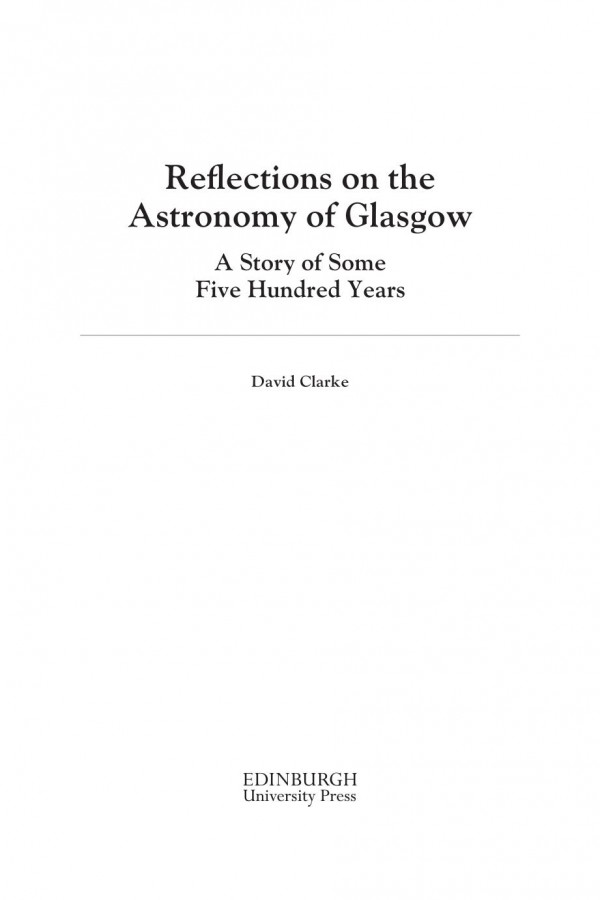

Most ebook files are in PDF format, so you can easily read them using various software such as Foxit Reader or directly on the Google Chrome browser.
Some ebook files are released by publishers in other formats such as .awz, .mobi, .epub, .fb2, etc. You may need to install specific software to read these formats on mobile/PC, such as Calibre.
Please read the tutorial at this link: https://ebookbell.com/faq
We offer FREE conversion to the popular formats you request; however, this may take some time. Therefore, right after payment, please email us, and we will try to provide the service as quickly as possible.
For some exceptional file formats or broken links (if any), please refrain from opening any disputes. Instead, email us first, and we will try to assist within a maximum of 6 hours.
EbookBell Team

5.0
28 reviewsHow Astronomy contributed to the educational enlightenment of Glasgow, to its society and to its commerce
The words ‘Astronomy’ and ‘Glasgow’ seem an incongruous juxtaposition, and yet the two are closely linked over 500 years of history. This is a tale of enlightenment and scientific progress at both institutional and public levels. Combined with the ambitions of civic commerce, it is a story populated with noteworthy personalities and intense rivalries.
It is remarkable to realise that the first Astronomy teaching in the Glasgow 'Colledge' presented an Earth-centred Universe, prior to the Copernican revolution of the mid sixteenth Century. Glasgow was later known astronomically for the telescope observations of sunspots made by Wilson in the 1760s, but less well known are the ideas related to mono-chromaticity within light, to dew point and hoar frost, and Herschel’s discovery of infra-red energy in solar radiation by application of Glasgow-made thermometers.
This engrossing and entertaining scientific history includes the story of Glasgow’s ‘Big Bang’ of 1863, the controversy over ‘Astronomer Royal for Scotland’ and a historical survey of the eight observatories that once populated Glasgow. David Clarke brings us a complex weave of science and accompanying social history in this unique and fascinating work.